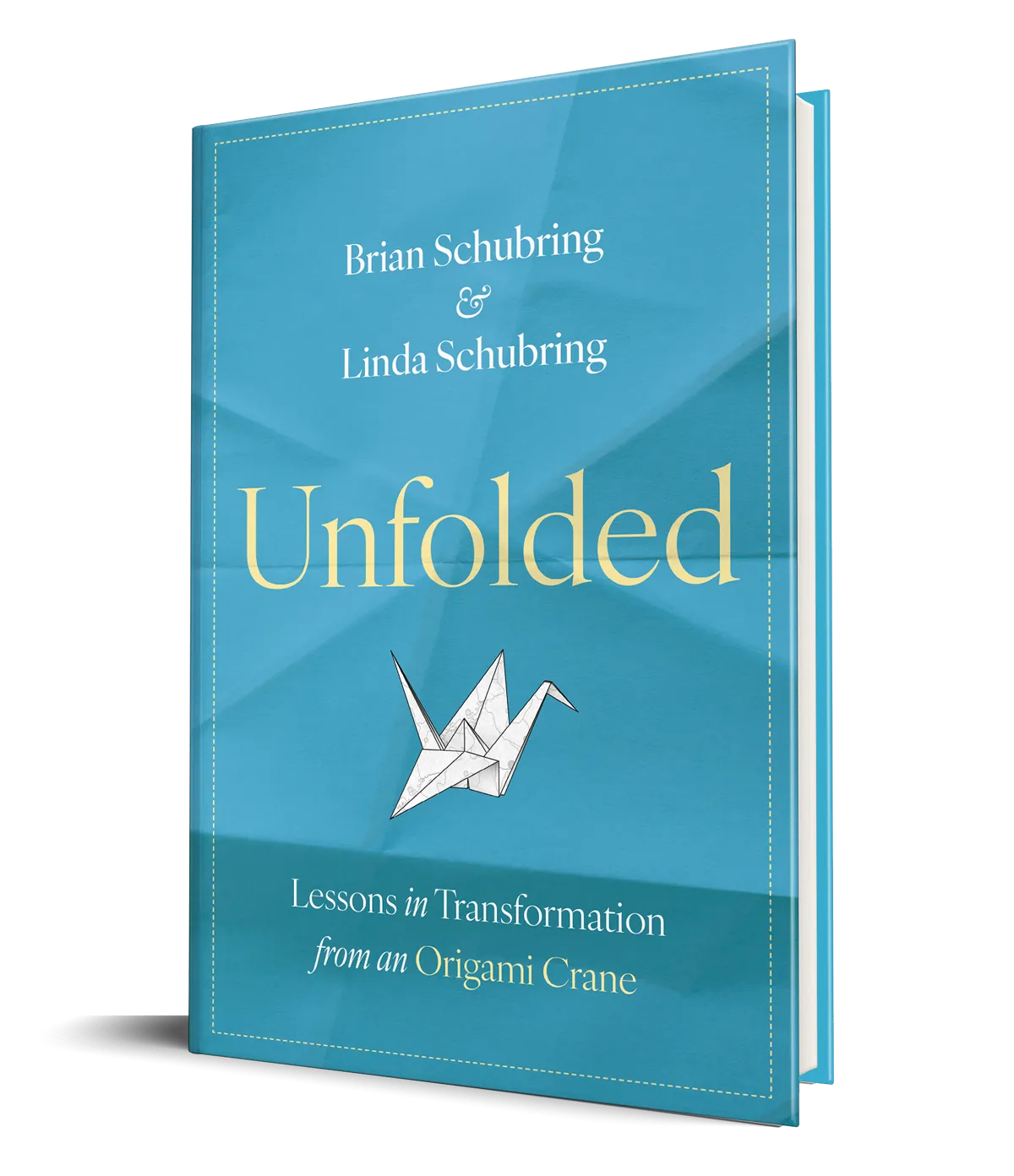Are You A Strengths Based Parent?
Recently, I read the book Strengths Based Parenting by Dr. Mary Reckmeyer. It is about how to apply the philosophy and methodology of StrengthsFinder to children. As a parent of two young boys myself, I was interested in another take on how to parent in a strengths-based way.
We have two sons: JD and Otto. JD is 7 years old, and Otto is 2. We affectionately call JD the ‘experiment,’ as my wife and I were first-time parents when he was born. From early on we could spot things about JD that were unique to him; his emerging personality. As both of us are trained in using the StrengthsFinder tool, we were naturally inclined to play to what he was good at and not just focus on his weaknesses.
In reading Strengths Based Parenting, I was not surprised to find out that Reckmeyer argued for the same idea. She explains that parents should focus on children’s natural inclinations and not fixate on areas where they are less inclined.
Reckmeyer urges parents to capitalize on their children’s strengths, and shares a simple formula:
Talent x Investment = Strength
This is not unlike the terminology we use at Leadership Vision when working with adult clients, but there are a few nuances. Let me explain.
What are Talents?
Reckmeyer uses a definition for talent that is very similar to our own. Talents are, “things that you think about, feel, and do that you can use to be successful. Natural, immediate, and innate.” She argues that talent comes from both nature and nurture. When you invest in talents, they can become strengths.
My son has a natural inclination to know where he stands compared to his peers. He constantly asks how he is doing, and assesses his performance and those of others around him. He is also ready to roll from the minute he wakes up, usually asking the question, “What are we going to do today?” What he means is, what will he accomplish? What is his agenda? These are natural talents showing up in our 7 year old. If I had to guess, these behaviors fit with someone who has the themes of Competition, Achiever, and maybe Discipline, but obviously, they are not strengths yet.
The reason we don’t focus on “fixing” weaknesses is, as Reckmeyer writes, “a waste of time that can only lead to marginal improvement.”
How to Spot Talents
After understanding who you are as a parent, the book focuses on understanding your child’s talents. Reckmeyer splits this into three areas:
- Under 10 years old
Using a technique called “strengths spotting,” we should pay attention to how children react at a young age. Pay attention to where kids learn more quickly and gain satisfaction, and encourage them in those areas. Anyone can do this through observation and attention. Under 10 years old is possibly the most difficult stage. It can be challenging to know if a child is avoiding something because it is hard/difficult, or truly because they are uninterested. The real work of parenting is here. - 10-14 years old
Reckmeyer suggests having kids take an assessment called “Strengths Explorer” which measures patterns of talent in an emerging teenage,r and facilitates conversations around the results. Some results sound similar to that of StrengthsFinder 2.0 but are geared towards pre-teens. The assessment identifies, “areas where a young person’s greatest potential for building strengths exist….[and] is based on the theory and research foundation associated with personal interviews conducted over the last 30+ years.” I would call this “StrengthsFinder lite.” - 14 years old and Up
For older kids, have them take the StrengthsFinder assessment and help them to understand their top 5 themes of talent. At Leadership Vision, we do not recommend this until students are at least 16 and have more life experience.
What does Investment look like?
The second part of the Strengths Based Parenting formula, Investment, is defined as practice; developing your knowledge base in appropriate areas and adding needed skills. For example, we’ve noticed that JD is an amazing reader, like off the charts. (He read 40 books in two weeks over our vacation!) We try and make sure he has focused time to read each day in our house. We praise him for all the reading he is doing and his performance is also noted by his teachers.
According to Reckmeyer’s formula, with this investment, combined with talent, strength will emerge. This is almost identical to the type of strengths development we use with adults.
If you have not taken the StrengthsFinder assessment yet, you should. Not only is it the best way to better understand your own areas of greatest potential, but it will give you a vocabulary to help articulate and explain those areas.
My Own Strengths Based Parenting
In the second part Strength Based Parenting, Reckmeyer talks about how our parenting style will differ based on our own strengths. To further complicate things, many sets of parents each have their own specific strengths, adding a lot of variables to the equation. With the right amount of self-awareness, Strength based parenting is manageable.
In 2014, our second son Otto was born into our family. He is already very different than JD. He is fun loving, carefree, and adventurous. Much of what we learned about how to parent JD does not apply exactly to Otto. While we try and be consistent and fair, we also understand that Otto has different talents.
I believe parenting is the greatest challenge I have ever embarked upon in my life. People have been doing it forever, but there is no ‘one way’ to parent. My wife and I choose to focus on what is right about our kids, and manage areas where they don’t as easily excel. My Dad modeled this by reminding me that I couldn’t be great at everything and instead should find my niche in life.
Strengths Based Parenting gives a language to this parenting style, as well as helpful assessments and observations to speed up the process. There is a freedom in being able to be who you are as a parent and not being pigeon-holed into a one-size-fits-all parenting style. Reckmeyer understands this point and her book is a worthwhile read for anyone interested in unlocking the uniqueness of their children. I appreciated this book, and hope you will as well.
Are you a Strengths Based Parent?
What has worked well for you by focusing on your children’s strengths vs. focusing on their weaknesses? What challenges does this parenting style bring up for you? We would love to hear from you!





